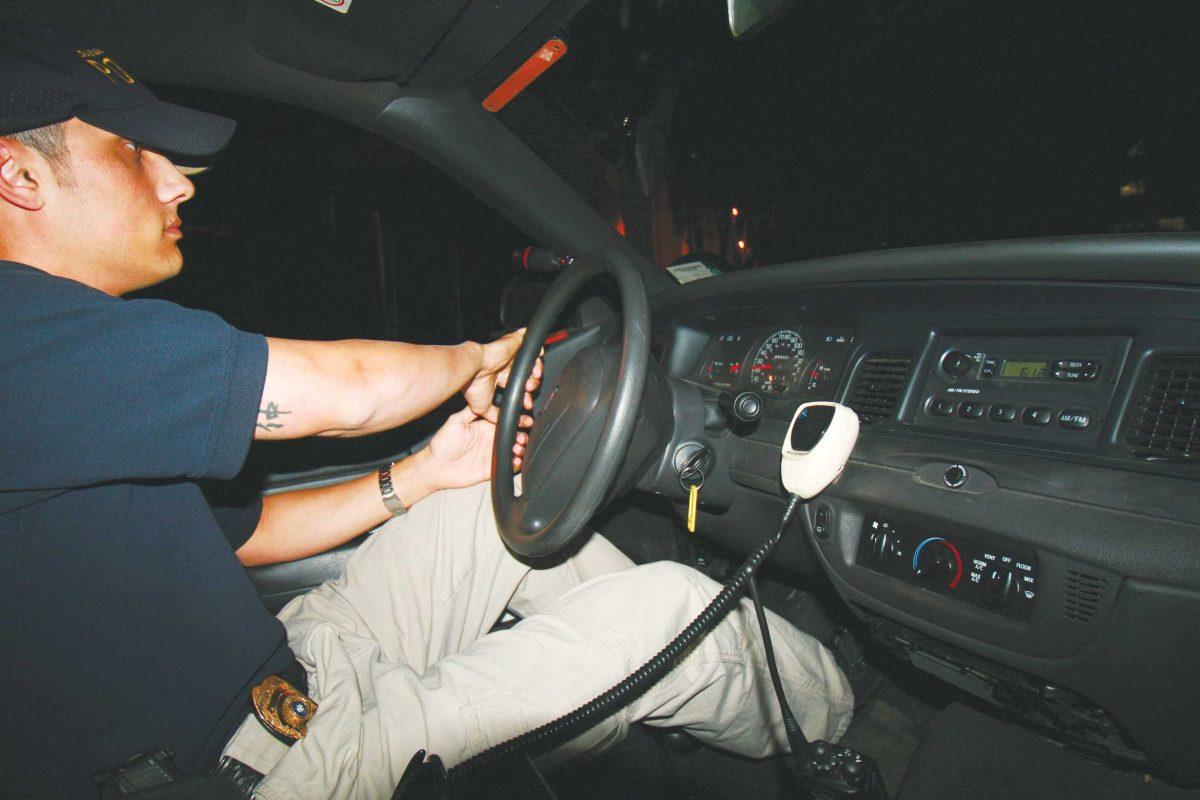Almost a year after the on-campus double homicide, the police unit created to patrol campus is still active. The LSU Police Department formed the Crime Interdiction Unit in February in response to the murders to monitor on-campus activity at night and in the morning. The Crime Interdiction Unit accounted for 138 out of the 1,199 arrests made by LSUPD from Jan. 1 to Nov. 20, said Det. David Heroman, LSUPD Sergeant. “It’s effective,” said LSUPD spokesman Maj. Lawrence Rabalais. “This is just another tool in our toolbox for stopping crime.” The arrests did not include traffic violations but did include criminal activity including arrests for alcohol, marijuana and burglary, Heroman said.The Crime Interdiction Unit patrols campus monitoring cars driving around to make sure no criminal activity is going on, Rabalais said.The Crime Interdiction Unit has four officers on duty each night. The officers were relocated from other forces and were taken off their normal shifts, Rabalais said.The officers need probable cause to stop drivers, which includes speeding or broken taillights, Rabalais said. Kerry Triche, practicing attorney, said as long as an officer has a probable cause, the law allows the officer to stop a driver for any minor traffic violation. The Fourth Amendment does protect people from being searched, he said.Rabalais said if an officer notices anything suspicious, the officer will seek permission to search the vehicle. But drivers have the right to not consent to a search.Triche said a suspicious officer can keep a driver there “as long as it takes to dispel suspicions.” He explained that includes calling for drug dogs to smell the vehicle. If the officers “find something in plain view such as marijuana at that point [it] gives us probable cause for arrest,” Rabalais said.He explained the plain view doctrine allows an officer to arrest the suspect and then freely search the vehicle. “If there is a probable cause [the officer] does not have to ask permission,” Rabalais said. Triche said probable cause could be nervous behavior, evasive answers from the driver or the smell of alcohol or drugs. Marjorie Esman, executive director of American Civil Liberties Union of Louisiana, said the ACLU has documents on what to do when stopped by the police.The document advises drivers not to get into an argument with police, to remember anything said or done can be used against the driver and not to complain on the scene or tell the police they are wrong. Esman said the ACLU receives complaints and sees “quite a few abuses of the law” involving drivers being pulled over and searched. Rabalais said problems usually don’t occur with people being rude to officers but it does happen. “[It’s] just a way of life for us,” he said. —- Contact Joy Lukachick at jlukachick@lsureveille.com
Crime Interdiction Unit still active one year later
November 20, 2008
LSUPD officer Christopher Masters drives through campus while on patrol Thursday evening.




